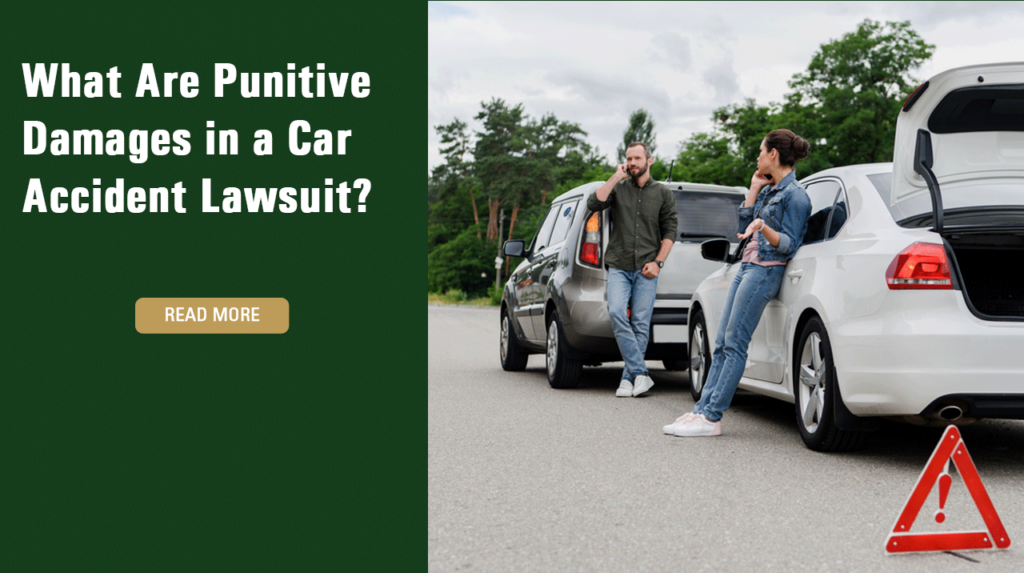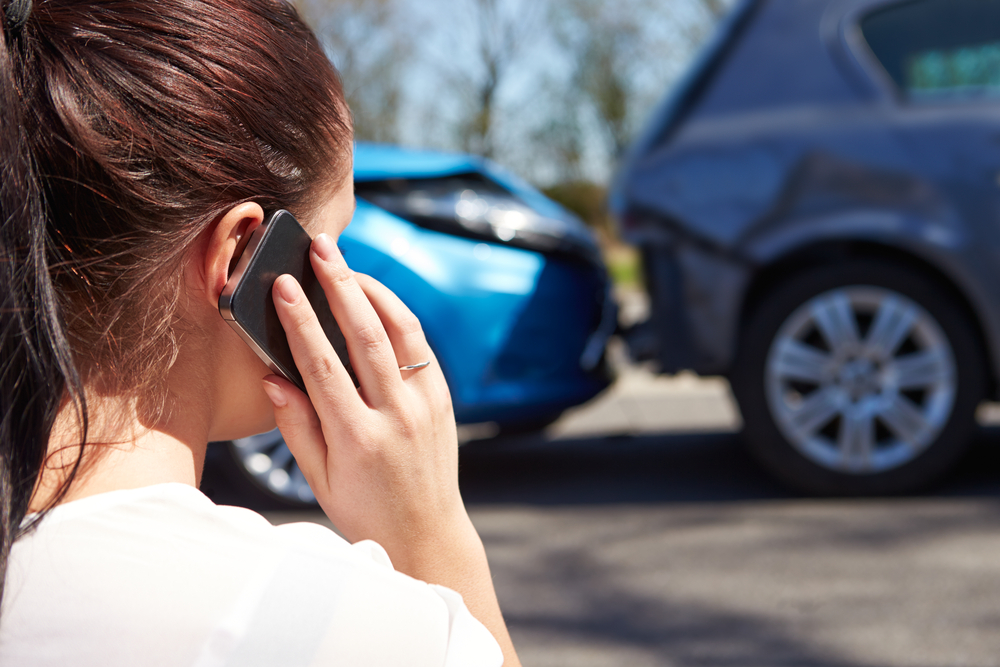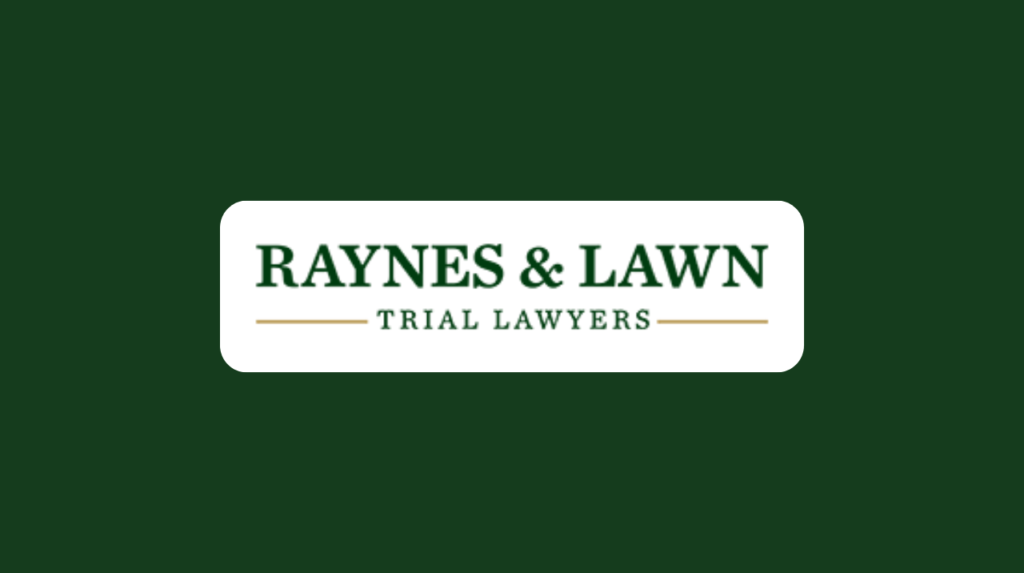What Are Punitive Damages in a Car Accident Lawsuit?

Following a serious car crash in Pennsylvania, the victims might be left to face devastating injuries and significant financial and non-economic losses. People who are seriously injured in motor vehicle collisions caused by the actions of others might be entitled to compensation for their losses. In some cases, punitive damages might be available on top of the compensatory damages the victims might recover. However, punitive damages are rarely awarded and are instead reserved for situations in which a defendant’s conduct was outrageous or egregious.
Under Pennsylvania law, punitive damages can only be awarded in situations in which the defendant engaged in gross negligence, willful, or wanton conduct. Proving a claim for punitive damages thus requires more than showing a defendant was negligent. Here’s some information about punitive damages and their potential availability to plaintiffs in car accident lawsuits from the car accident lawyers in Pennsylvania at Raynes & Lawn.

Types of Damages in a Pennsylvania Car Accident Claim
To understand punitive damages, it is first important to gain a good understanding of damages in general. In a Pennsylvania car accident claim, damages are monetary amounts that might be recoverable. Damages can be broadly divided into compensatory and punitive damages.
Compensatory Damages in a Car Accident Resulting in Injuries
Compensatory damages are the most commonly awarded types of damages in a car accident claim and include both general and special damages.
Special damages are pecuniary damages or the out-of-pocket losses you might have suffered because of your accident. Some of the types of pecuniary damages that might be available in a car accident case resulting in injuries include the following:
- Medical expenses (past and future) for all accident-related injuries
- Rehabilitation expenses (past and future)
- Home modification costs to make the home accessible when the plaintiff has been left with permanent disabilities
- Wage losses (past and future) when the injuries prevent the plaintiff from returning to their previous employment
- Lost earnings capacity
- Household services
- Property damage
General damages are damages for a plaintiff’s non-economic losses. Since these are intangible, they are generally more difficult to value. The following are examples of some of the general damages that might be available in a Pennsylvania car accident case:
- Physical pain and suffering (past and future)
- Psychological harm/emotional distress (past and future)
- Disability
- Loss of the enjoyment of life
- Humiliation
- Worsening of previous injuries
- Loss of consortium for a spouse
Compensatory Damages in a Car Accident Resulting in Death
Compensatory damages are also available to the surviving family members of people who are killed in Pennsylvania car accidents. The types of economic damages that might be available in a wrongful death action include the following:
- The financial support the deceased victim would have provided to the family over their expected lifespan if they had lived, including housing, food, medical care, entertainment, and other expenses
- Services the deceased victim would have provided for the household, including childcare, housekeeping, cooking, yard work, and others
- Loss of the society and comfort provided by the victim to the family
- Property losses
Historically, non-economic losses such as pain and suffering were not recoverable in wrongful death cases in Pennsylvania. However, in Rettger v. UPMC Shadyside, 991 A.2d 915 (Pa.Super. 2010), the court held that the services provided by the victim to the family extend to include the psychological and emotional losses suffered by the family, which is similar to non-economic damages.
Wrongful death claims are typically filed together with survival actions. Survival actions are brought by the deceased victim’s estate to recover the damages the deceased victim would have been entitled to receive if they had lived. The damages available to the estate in a survival action include the following:
- Medical expenses to treat the victim’s injuries from the time of the accident until they died
- Lost rights to an inheritance
- Lost wages from the time of the accident until the victim’s death
- Funeral and burial expenses
- Estate administration costs
- Physical pain and suffering the victim experienced because of their injuries before death
Compensatory damages are designed to compensate victims and/or surviving family members for their losses. Most car accident cases only involve compensatory damages. However, rare cases might also involve punitive damages.

What Are Punitive Damages?
Unlike the compensatory damages that you might recover in a car accident lawsuit, punitive damages are not awarded to compensate victims for their losses. Instead, they are designed to punish defendants whose actions are outrageous and amount to gross negligence, extremely reckless conduct, or intentional acts. Punitive damages are also meant to deter the defendant and others from acting similarly in the future. When punitive damages are awarded, they are payable in addition to the compensatory damages recovered by a plaintiff.
Even though punitive damages are meant to punish the defendant, if they are ordered in your case, you will receive the money for them. It is very difficult to prove punitive damages, and the courts only allow plaintiffs to pursue them in certain cases. Because of this, it’s important to work with an experienced auto accident lawyer in Pennsylvania to determine whether punitive damages might be available in your case. If your car accident lawyer in Pennsylvania believes that they might be available, your attorney will help identify the specific types of evidence that will be necessary to help distinguish between ordinary and gross negligence in court before the judge and jury.
Factors Considered for Punitive Damages Awards
To determine whether a punitive damages award is appropriate and the amount to award, the court will consider multiple factors, including the following:
- The nature and character of the defendant’s actions
- The extent and value of the defendant’s assets
- The potential harm other victims might suffer in the future if the defendant goes unpunished
- The type and extent of the harm the plaintiff suffered as a result of the car accident
In Pennsylvania, claims for punitive damages can only proceed when the defendant’s actions were outrageous or demonstrated the defendant acted with reckless indifference to others under Kirkbride v. Lisbon Contractors, Inc, 555 A.2d 800, 803 (Pa. 1989). To recover punitive damages in Pennsylvania, you must present strong evidence that the defendant’s behavior was grossly negligent, extremely reckless, willful, or wanton.
Understanding Grossly Negligent, Reckless, Willful, or Wanton Conduct
Gross negligence, recklessness, and wantonness are more frequently involved in punitive damages claims in cases involving car accidents than claims of willful or intentional behavior. Few cases involve allegations of intentional conduct, but they can occur.
Conduct that is grossly negligent or extremely reckless is much more unreasonable than actions that amount to ordinary negligence. A person is grossly negligent, reckless, or wanton when they know or should know that their conduct is inherently dangerous and likely to cause serious injuries to someone else.
Willful conduct involves intentional acts, which rarely arise in car accident claims. However, some examples of willful or intentional conduct that might be involved in a car accident claim for punitive damages include the following:
- Road rage incidents involving shooting at someone else with a gun
- Intentionally running someone else off of the road
- Intentionally entering an interstate in the wrong direction to purposefully cause a head-on collision
What Types of Cases Might Be Likelier to Involve Punitive Damages?
Most car accidents involve carelessness instead of gross negligence or recklessness at a level sufficient enough to warrant a punitive damages award. For example, if a motorist caused an accident because they glanced down at their phone to read an incoming text message, the victim likely would not be able to recover punitive damages.
Some basic examples of the types of accidents in which punitive damages might be awarded by a jury include the following:
- Catastrophic accidents caused by drunk or drugged drivers
- Hit-and-run accidents involving serious injuries or deaths
- Accidents involving extraordinarily dangerous conduct, including street racing or playing chicken
- Accidents resulting from excessive speeding
- Accidents resulting from the intentional conduct of a driver
Punitive damages might also be available in cases in which the owner of a vehicle drove despite knowing that the brakes were non-working and couldn’t slow down or stop to avoid an accident. The manufacturers of defective auto parts that were effectively designed and caused accidents might also be liable for punitive damages. In crashes caused by large trucks, the trucking carriers might be ordered to pay punitive damages if they told the drivers to break the hours of service rules or knowingly allowed them to drive when they knew that doing so placed a huge risk of an accident.
Examples of Gross Negligence, Extreme Recklessness, or Wantonness
There are a few examples of what might constitute conduct that might rise to the level of gross negligence, extreme recklessness, or wantonness sufficient to merit an award of punitive damages.
The game of chicken involves two drivers who drive towards each other at high speeds and wait for one of them to lose their nerve and veer off course. The first driver who veers out of the path of the oncoming vehicle is considered to lose the game. However, either driver could lose control and wreck, or both drivers could avoid swerving, leading to a head-on collision. If a driver who is playing a game of chicken loses control and strikes an uninvolved vehicle, or if both drivers have a head-on collision that causes either vehicle to crash into a different car, the decision to play chicken made by both drivers could be considered to be extremely reckless or grossly negligent.
The conduct involved in an accident caused by a drunk or drugged driver might or might not rise to the level of gross negligence necessary to support an award of punitive damages. For example, if a driver with multiple previous drunk driving convictions gets behind the wheel with a blood alcohol concentration that is three times the legal limit and causes a deadly head-on collision, punitive damages might be awarded. By contrast, if a driver has a blood alcohol concentration right at the limit of 0.08% and is involved in a crash, it might not be clear that the reason for the collision was because of the driver’s impairment. In that case, punitive damages might not be available.
A driver who causes an accident because of speeding 10 mph over the speed limit might not result in a punitive damages award to an injured victim. By contrast, the victim of an accident caused by a driver who is traveling at speeds of 100 mph while trying to evade the police might recover punitive damages.
Punitive Damages in Pennsylvania
Punitive damages are rarely awarded in Pennsylvania car accident cases. This is because the vast majority of auto accidents involve unintentional behavior and ordinary negligence. Courts do not want to overreact when simple negligence and human error are involved. Under Pennsylvania law, the following rules apply:
- You can’t file a lawsuit in which you only seek punitive damages. Instead, compensatory damages must be sought and awarded before a jury can consider a claim for punitive damages.
- Punitive damages are not available for ordinary negligence.
- Courts have discretion on whether to allow a claim for punitive damages based on the evidence of the nature of the defendant’s conduct presented by the plaintiff.
- There is no cap on an award of punitive damages in a car accident case under Pennsylvania law unless the lawsuit is filed against a governmental body. In that case, the total damages available are capped at $250,000.
How Much is a Punitive Damages Claim in a Car Accident Worth?
There isn’t a set figure available for the value of a punitive damages claim in a car accident case. Instead, all of the facts and circumstances involved in your case will be considered when determining your compensatory damages and whether punitive damages might also be available. The court will consider the severity of your injuries, the details of what happened, and the nature of the defendant’s conduct. To recover punitive damages, you will have to present evidence showing that the defendant’s actions were particularly egregious and demonstrated a reckless disregard for the likelihood that their conduct would cause you to suffer serious physical injuries. The court will also consider the defendant’s character, the value of their assets, and whether others might suffer similar harm if the defendant goes unpunished.
An experienced auto accident lawyer in Pennsylvania with Raynes & Lawn can analyze your potential case and properly value it. They can then tell you the types of compensatory damages that might be available and whether punitive damages might be claimed. Your lawyer can then provide a range of values within which you might expect your claim to fall.

Is There a Damages Cap on Punitive Damages in Pennsylvania?
Pennsylvania does not place a cap on damages in most personal injury cases, including those involving motor vehicle accidents. The only caps that are placed on injury cases in the state are those that are filed against a government agency, which is capped at $250,000. If your lawsuit is filed against a non-public party, you will not have to worry about caps on punitive damages.
Evidence to Support a Punitive Damages Claim
To prove a punitive damages claim in a motor vehicle accident case, you will need more evidence than what might be required to prove ordinary negligence. Your attorney will conduct a thorough investigation to gather crucial evidence to support your claim and review police reports, interview witnesses, gather digital evidence, and work with accident reconstruction experts to build a comprehensive picture of what happened and how the defendant acted. It will likely be necessary to call expert witnesses to testify in your case in support of your claim.
Proving punitive damages in a car accident case requires an attorney to have significant experience and extensive legal knowledge. This makes it important for you to choose your attorney carefully to find one who is prepared to do what it takes to help you recover all of the compensation you deserve.
Consult a Knowledgeable Car Accident Lawyer in Pennsylvania
Filing a lawsuit for your injuries and losses after an accident in Pennsylvania requires extensive legal knowledge and experience. If you believe that you might be entitled to recover punitive damages in addition to compensatory damages, it is critical to work with a competent injury lawyer.
At the injury law firm of Raynes & Lawn, our attorneys have more than 50 years of experience fighting for the rights of our clients. Our focus is on providing the highest quality representation possible to each of our clients, and we have successfully recovered tens of billions of dollars on behalf of our clients over our years of practice. To learn more about the damages that might be available in your serious car accident claim, call us today to schedule a free case evaluation at 1-800-535-1797.
For the general public: This Blog/Website is made available by the law firm publisher, Raynes & Lawn, for educational purposes. It provides general information and a general understanding of the law but does not provide specific legal advice. By using this site, commenting on posts, or sending inquiries through the site or contact email, you confirm that there is no attorney-client relationship between you and the Blog/Website publisher. The Blog/Website should not be used as a substitute for competent legal advice from a licensed attorney in your jurisdiction.
For attorneys: This Blog/Website is informational in nature and is not a substitute for legal research or a consultation on specific matters pertaining to your clients. Due to the dynamic nature of legal doctrines, what might be accurate one day may be inaccurate the next. As such, the contents of this blog must not be relied upon as a basis for arguments to a court or for your advice to clients without, again, further research or a consultation with our professionals.
